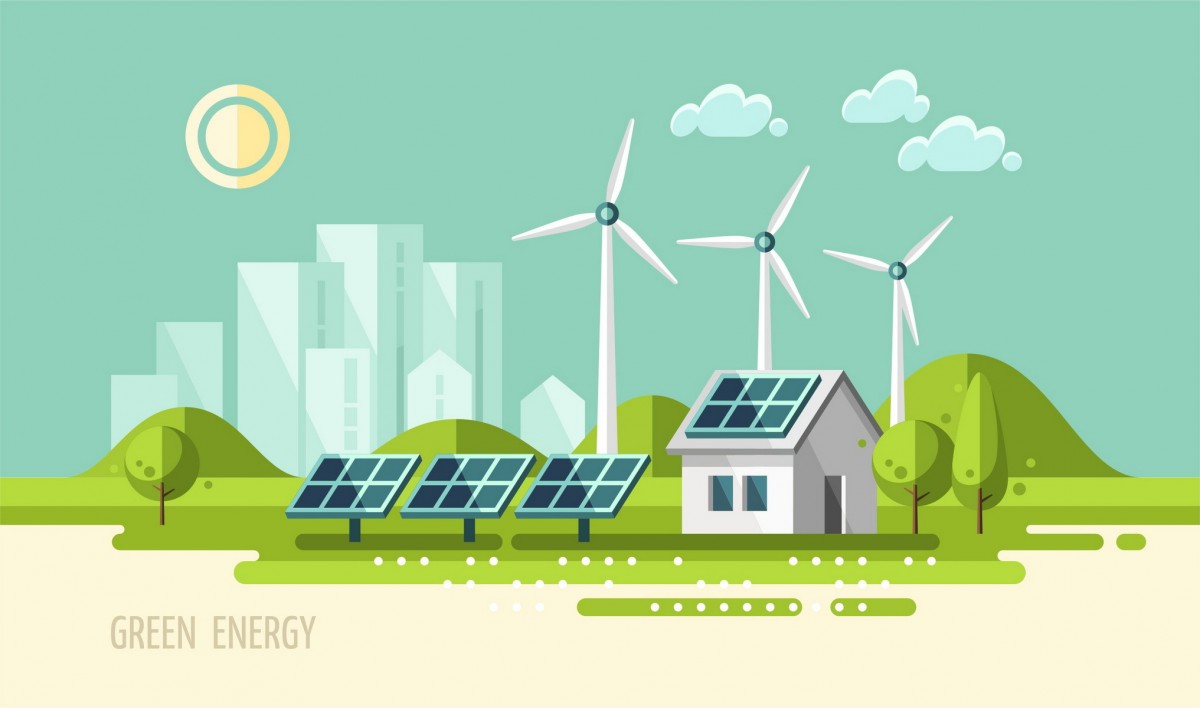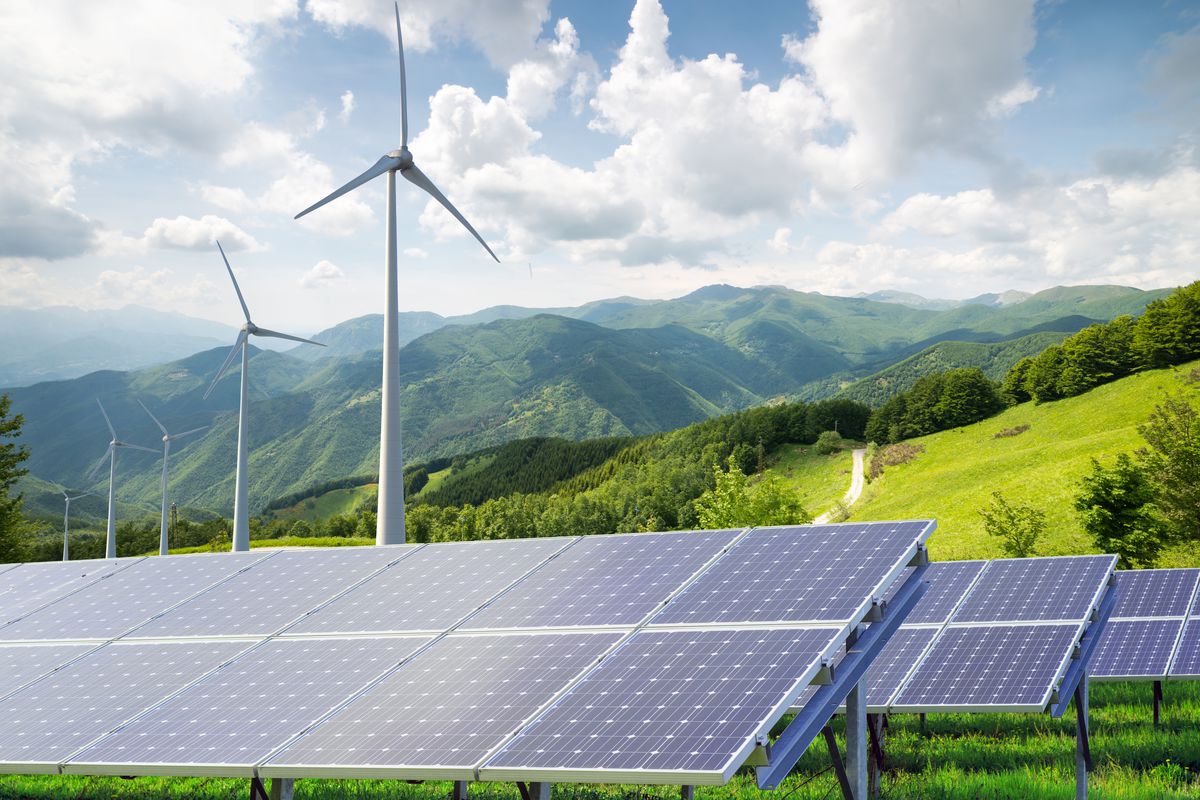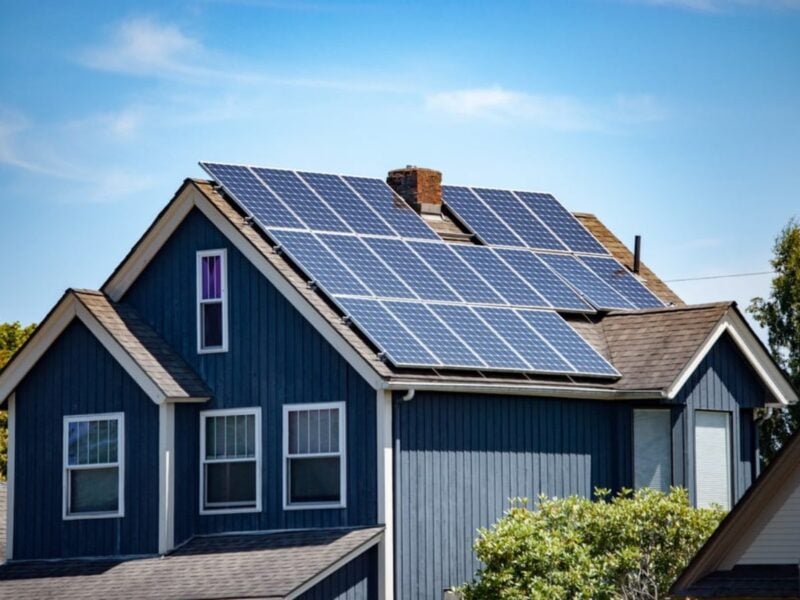
Energy Saving Tips for Busy Homes
Energy costs rise with each passing year, and these days the electricity bill may take more out of your paycheck than you might like. For example, energy costs have become a major living expense for most Australians, and it doesn’t help that the energy retailers have offers that are impossible to decipher.
Though that problem can easily be solved with a little knowledge about electricity compare, many still have to face the reality of over-priced energy. All hope is not lost, though. You can do a few things to cut down on your electricity bills if you have many electricity users in your home.

What can you do?
- Switch off all appliances when not in use
Small items like chargers and large appliances like washing machines still use energy when plugged in but not in use. To reduce your energy consumption, instruct home occupants to turn off the switches of all appliances after using them. Even the standby modes have energy-draining tendencies.
- Buy products with good energy ratings
The more stars an electrical product has, the more the savings. If you want to save more energy in a busy home, target the more energy-efficient models of products. The bigger an appliance is, the bigger its energy consumption generally is.

- Switch your Lighting to LED Lights
Light fittings consume about 8 to 15 percent of the average electricity bills in Australian homes.LED lights are some of the most energy-efficient light-bulbs. This can reduce the energy use of your house by about 50 percent. If you have any of your old halogen-type bulbs hidden around, don’t be afraid to switch them out for LED lights. You might need to call an electrician to fix the transformer; LED lights will run better and last longer with the right transformer (driver).
- Turn on the air conditioner at the right time.
Let the air conditioner start working early and board up the house if you expect a hot day. The air conditioner makes the house cooler before it gets hot outside. This should also happen on winter days with warm air. The house should be warm before the actual cold sets in. a 1-degree increase of your thermostat setting can save 10% of your energy usage, saving you big bucks in the future.

- Cut shower time
Too many washes taken in the shower can stack up against your electricity bill, especially when you have a lot of people walking around your home. Reducing your shower time and the number of showers taken can save so much money it would amaze you!
- Use the Optimum Fridge and Freezer Temperatures
The fridge temperature is best at between 4 to 5 degrees Celsius, and for the freezer, about -15 to -18 degrees is best. This ensures your food remains at the right temperature while still saving the most amount of energy. The two appliances should also be kept in a well-ventilated area away from sunlight to prevent overheating, and thus, extra energy consumption.

- Stop Bad habits
Routine bad habits like leaving the lights on when the room is empty or boiling an entire kettle for just one coffee can stack up very quickly. If all members of the household work on being more energy conscious, this can make a huge difference in saving you money on your electric bill.
- Switch to Green Energy
The average Australian household releases about 14 tons of greenhouse gases annually, half of which is from electricity generation. This is one of the simplest ways to make a difference in your electricity bill. If picking the best plan is too much of a hassle, then using electricity compare will show you the different offers from energy retailers.
This helps you choose the best plan for you based on your household. We recommend switching to solar panels as a form of green energy.

Final thoughts
Regardless of who you buy energy from, you don’t always have to spend a fortune at your home. You can follow these simple tips to reduce your energy footprint and eventually your money expenditure. If you are wondering how to get the best deal on electricity, using an electricity compare platform would enable you to easily pick between competing dealers and find what plan is best for you.
Regardless of how many people live at home, your energy bill shouldn’t be something that would keep you up at night.







